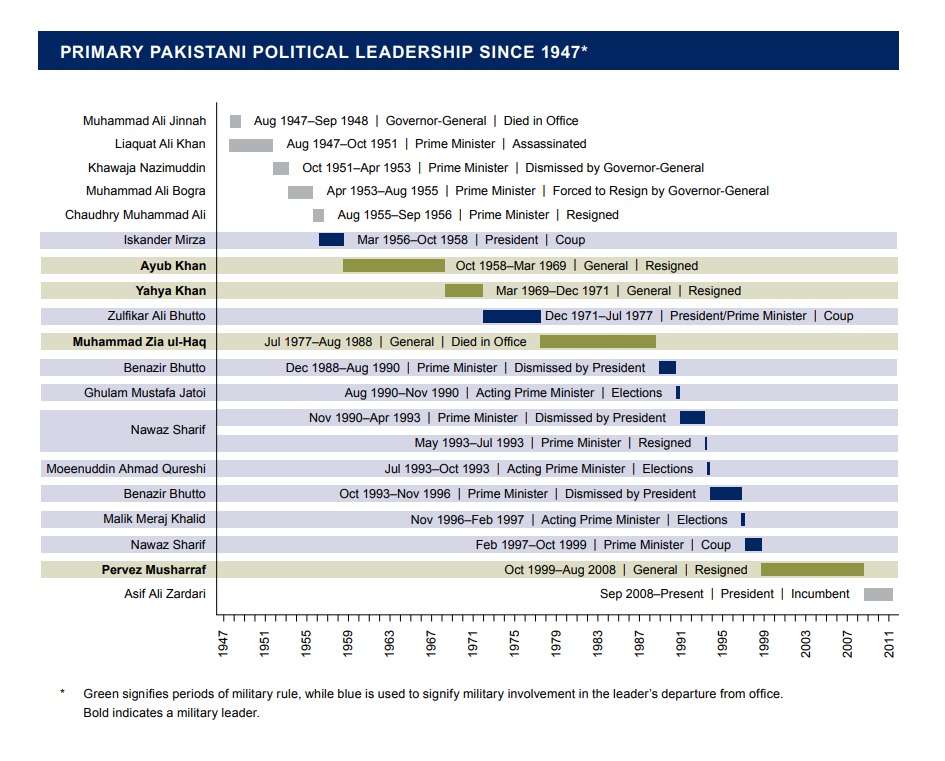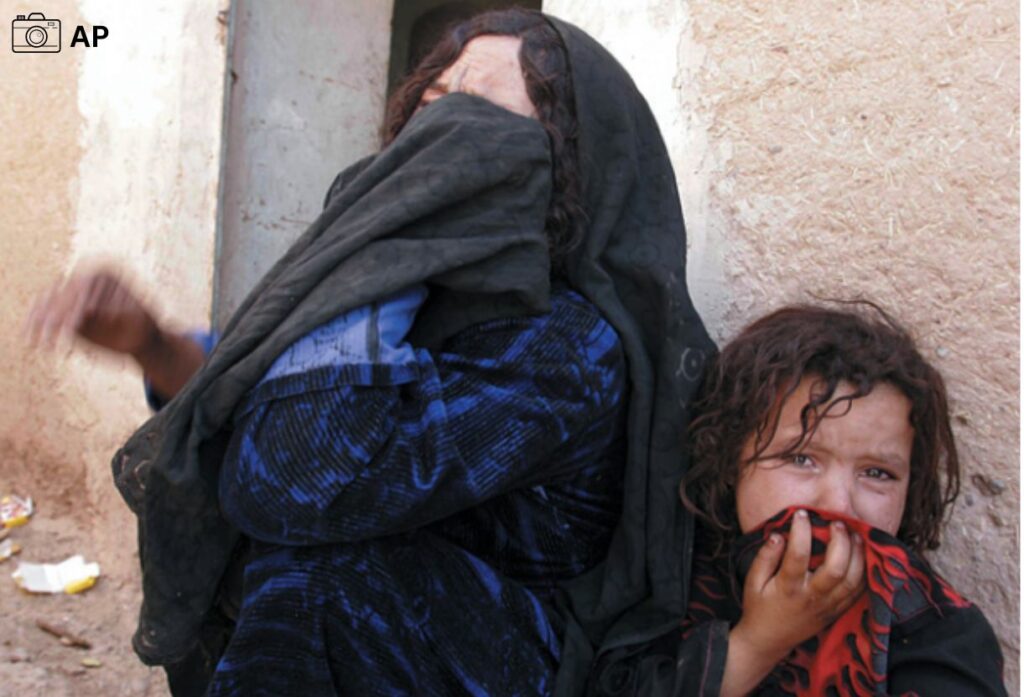Former Prime Minister’s Arrest Triggers Unrest and Division among Elites
Since the arrest of former Prime Minister and prominent cricketer-turned-politician, Imran Khan, Pakistan finds itself teetering at a critical political juncture.
The widespread protests have pushed the nation deeper into a civil-war like situation, and the voices calling for ‘aazadi’, or freedom from the military’s long-standing dominance continue to grow.
Economically and politically, Pakistan is facing a critical bottle-neck situation. Official statistics too paint a grim picture. Thousands of Pakistanis are migrating from the country.
In 2022 alone, a staggering number, nearly 800,000 individuals migrated from Pakistan in search of better economic prospects abroad.
Rising inflation and devalued currency have pushed millions of urban middle-class citizens to the brink of poverty. Adding to the Nation’s woes, catastrophic floods of June 2022, ravaged almost one-third of the population pushing it perilously close to the precipice of poverty.
The economic indicators further highlight the severity of Pakistan’s deepening crisis. Annual inflation reached a record rate of 36.4% in April, with food-price inflation at a staggering 48.1%. GDP growth is projected to be a mere 0.5% for the year, and the country faces an imminent challenge in repaying an estimated $77.5 billion in loan repayments by June 2026.
Not just that, Pakistan’s foreign exchange reserves are insufficient to cover even a month’s worth of imports.
Notably, even Pakistan’s traditional allies, China and Saudi Arabia, are now hesitant to extend economic assistance until the peace is restored.
Imran Khan’s arrest has worsened the situation, dividing the Nation between the unpopular coalition led by Prime Minister Shehbaz Sharif and the defiant Imran Khan, who is increasingly garnering support from various segments of society.
In a surprising turn of events, Khan and his supporters are directing their ire towards the military establishment, particularly General Asim Munir, the Army Chief, rather than targeting Prime Minister Sharif directly.
Former Prime Minister Khan has also made serious allegations, claiming that the Army has attempted to assassinate him on multiple occasions in the past six months. His scathing criticism has extended to General Munir and his predecessor, General Qamar Javed Bajwa, further exacerbating the tensions.

It is worth noting that Khan’s strained relationship with General Munir dates back to when Khan served as Prime Minister. At that time, he expressed his preference for a different Army Chief, but General Bajwa supported Munir’s appointment. Following Khan’s ousting from power in April 2022, Sharif, the newly elected Prime Minister, appointed Munir as the Army Chief, likely influenced by General Bajwa’s advice.
Ironically, when Khan assumed office as Prime Minister in August 2018, despite his party not securing a majority in the national elections, it was with active support from General Bajwa.
Nevertheless, Pakistan has a history of strained relations between Prime Ministers and the military, resulting in no Prime Minister completing a full term in office.
The complex dynamics between the military establishment and civilian governments are deeply entrenched in Pakistan’s political history. Instances such as General Pervez Musharraf’s military coup against Prime Minister Nawaz Sharif in 1999 and the subsequent role played by General Bajwa in the Supreme Court’s decision to strip Sharif of his office in 2017 highlight the precarious power balance at play.
In one more instance, the appointment of General Zia-ul Haq as Army Chief by Prime Minister Zulfiqar Ali Bhutto in 1976 led to a military coup against Bhutto, a year later.
All these instances emphasize the military’s active involvement in Pakistan’s politics and their quest for power, often resulting in instability and frequent changes in leadership. Though, what often remains unacknowledged is the extent of the military’s dominance over the country’s economy.

who is Vice President for Studies at the Carnegie Endowment for International Peace
Control over Economy
Pakistani defense analyst Ayesha Siddiqa’s book, ‘Military Inc: Inside Pakistan’s Military Economy,’ sheds light on the military’s vast economic influence in the country. The military owns 12% of the country’s land, with senior military officers possessing two-thirds of this land.
Siddiqa argues that the military’s economic power has expanded exponentially, encompassing diverse commercial enterprises through various front companies.
The military’s economic endeavors include land development projects, heavy manufacturing, and retail businesses. Siddiqa’s research highlights the controversial nature of military-owned enterprises, such as the Fauji Foundation, engaged in cement production, fertilizer manufacturing, and banking.
The United Nations Development Programme (UNDP) report further underscores the extent of the military’s economic involvement. The report identifies the military as one of the largest conglomerates of business entities in Pakistan, holding significant control over urban real estate development and management.
The military also maintains influence over civil aviation, national health institutions, state-owned firms, and government agencies responsible for power, water, telecommunications, and housing. Remarkably, retired military personnel often secure influential positions, including ambassadorial roles.
Human Rights Violations
Regrettably, reports from Human Rights Organizations, such as Amnesty International and Human Rights Watch have also brought to light numerous allegations of human rights abuses by the military establishment, perpetrated against civilians, political activists, journalists, and members of minority groups. The allegations include enforced disappearances, extrajudicial killings, torture, and arbitrary detentions.
In a most recent instance, the Pakistan Army has been criticized for its actions in Balochistan, where there have been allegations of enforced disappearances and extrajudicial killings of Baloch activists driven by aspirations for greater autonomy of the region.
The Role of Army in Fueling Afghan War
Pakistan has also had a long history of involvement in Afghanistan, particularly through its porous border and support for various reasons. The border regions, known as tribal agencies, have facilitated illegal cross-border activities, including smuggling, due to their semi-autonomous nature and ethnic ties with Afghanistan.
During the 1980s, Pakistan played a significant role in supporting the mujahideen in their fight against the Soviet intervention in Afghanistan. Pakistan served as a secure base for the mujahideen, hosting over two million Afghan refugees and receiving substantial covert assistance from the United States. This support continued even after the Soviet withdrawal, with Pakistani military officers providing training and advisory services to Taliban forces.

The Army’s notorious involvement in Afghanistan has been driven by a mix of internal and external factors. It sought strategic depth against its eastern neighbor, India, by maintaining a secure Afghan frontier and establishing stronger political and economic links to Central Asia.
Supporting Pashtun parties in Afghanistan also solidified the position of Pashtuns in Pakistan’s military and civilian elites. Additionally, Pakistan aimed to contain the nationalist aspirations of tribes along the border and prevent the emergence of a Pashtun state that could challenge its territorial integrity. These considerations led Pakistan to support Islamist groups and, eventually, to shift its support to the Taliban.
During the rule of Prime Minister Benazir Bhutto, Pakistan provided various forms of assistance to the Taliban, including funding, infrastructure support, and military aid. Observers have reported Pakistani aircraft assisting with troop rotations and senior members of Pakistan’s intelligence agency and army being involved in planning major Taliban military operations.
This support has attracted international criticism, with the UN secretary-general expressing concerns about Pakistan’s involvement.
The Taliban’s military capabilities also exhibited sudden improvements during critical battles, such as the introduction of mobile warfare using pickup trucks. However, the decline in Taliban effectiveness following the killings of Iranian diplomats in 1998 suggested the withdrawal of Pakistani military advisers due to tensions with Iran.

What lies ahead for Pakistan?
Given the historically pervasive influence of the military in Pakistan’s politics and the economy, recent events have signaled a significant rupture in the longstanding elite consensus that had staunchly supported the military’s dominant position.
Imran Khan and his supporters have fearlessly challenged the military’s dominant position. Even the judiciary, ever supportive of military actions, has now started to question the military’s role.
The Pakistan Army no longer commands the same position, as it once enjoyed.
However, the future of the country remains uncertain. While there is strong support for Imran Khan and a growing resistance against the military, the Nation is likely to face an extended period of paralysis as divisions among the elites continue to deepen.
Pakistan stands at a critical crossroads as protests demanding freedom from military rule and political turmoil grip the nation. The arrest of Imran Khan, economic hardships, and a growing disillusionment with the military establishment have shattered the elite consensus that had long shaped Pakistan’s politics.


